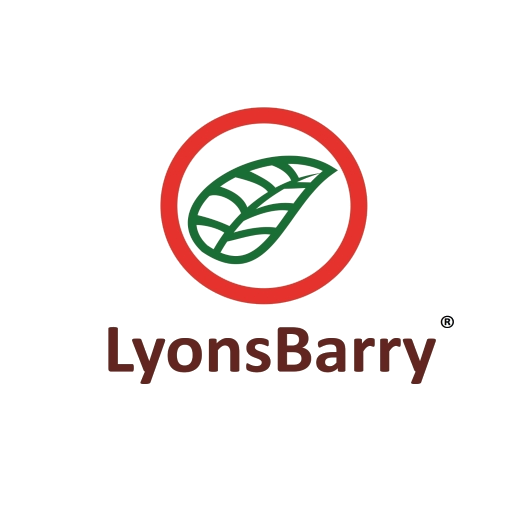Guggul is also known as “Pura” which means “wards off disease”. It is used as a source of the commercial “Gum guggul”. The major bioactive component of Guggul is oleo-gum-resin (a mixture of an oil and yellowish or brownish fluid secreted from the plant stem or bark). It is this oleo-gum resin that is said to have therapeutic benefits.
According to Ayurveda, Guggul is useful in weight management as it helps to improve metabolism and reduce Ama (toxic remains in the body due to improper digestion) by increasing the digestive fire. It also helps to reduce swelling, pain and stiffness in joints in case of osteoarthritis as well as rheumatoid arthritis due to its anti-inflammatory and anti-arthritic properties. Guggul might also be helpful in managing blood cholesterol levels by lowering total cholesterol, low-density lipoprotein (LDL or bad cholesterol) and triglyceride levels.
Guggul can be taken in the form of powder, tablet or capsule to help reduce the production of sebum which inhibits the growth of acne-causing bacteria due to its antibacterial property.
Applying a paste of Guggul mixed in warm water on the joints helps to reduce joint pain.
It should be kept in mind that Guggul should always be chewed well before swallowing in order to get the maximum benefits[2].
What are the synonyms of Guggul?
Commiphora wightii, Pura, Mahisaksa, Kausika, Palankasa, Guggula, Gum-gugul, Indian Bdellium, Gugal, Guggal, Gugar, Kanthagana, Guggala, Mahishaksha guggulu, Guggulugida, Guggulu, Guggal Dhoop, Kanth Gan, Gulgulu, Mahishaksh, Mahisaksi Guggalu, Makishakshi guggulu, Guggipannu, Muqil (Shihappu).
Related Posts
Chamomile
By rajesh
0 Comments
Chamomile, commonly known as German Chamomile is also referred to as “star among medicinal species”. It is
Olive Oil
By rajesh
0 Comments
Olive oil, also known as 'Jaitoon ka tel' is a pale yellow to dark green oil. It
Tagar
By rajesh
0 Comments
Tagar is a hairy herb that grows in the temperate regions of the Himalayas and Khasia.Tagar roots help in
Peanut
By rajesh
0 Comments
Peanut or the famous Mungphali is an edible seed which is consumed raw as well used in

